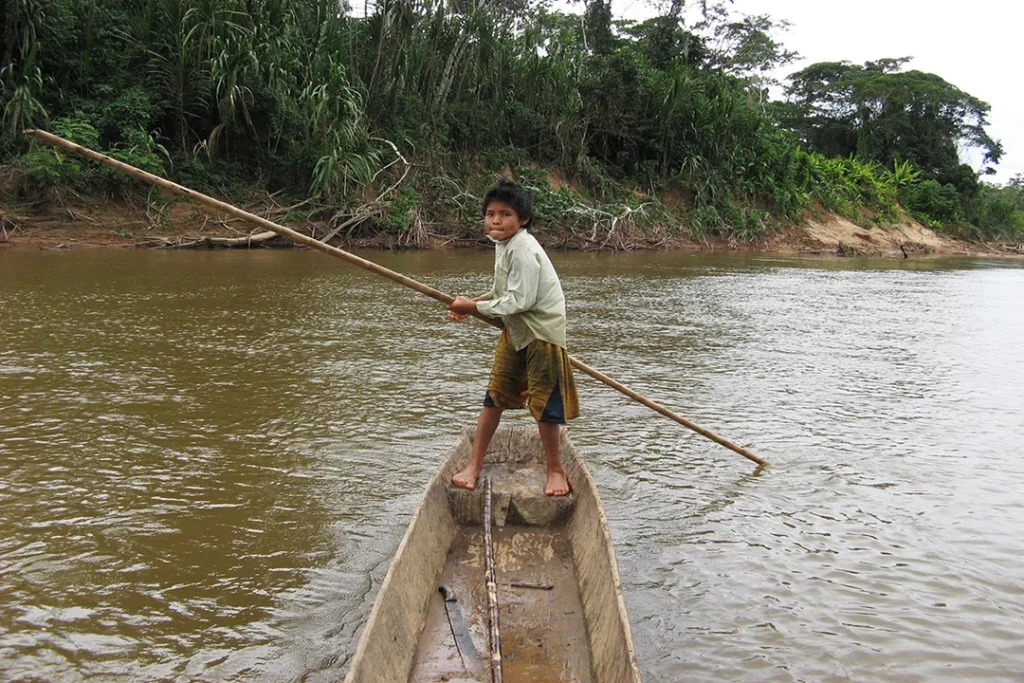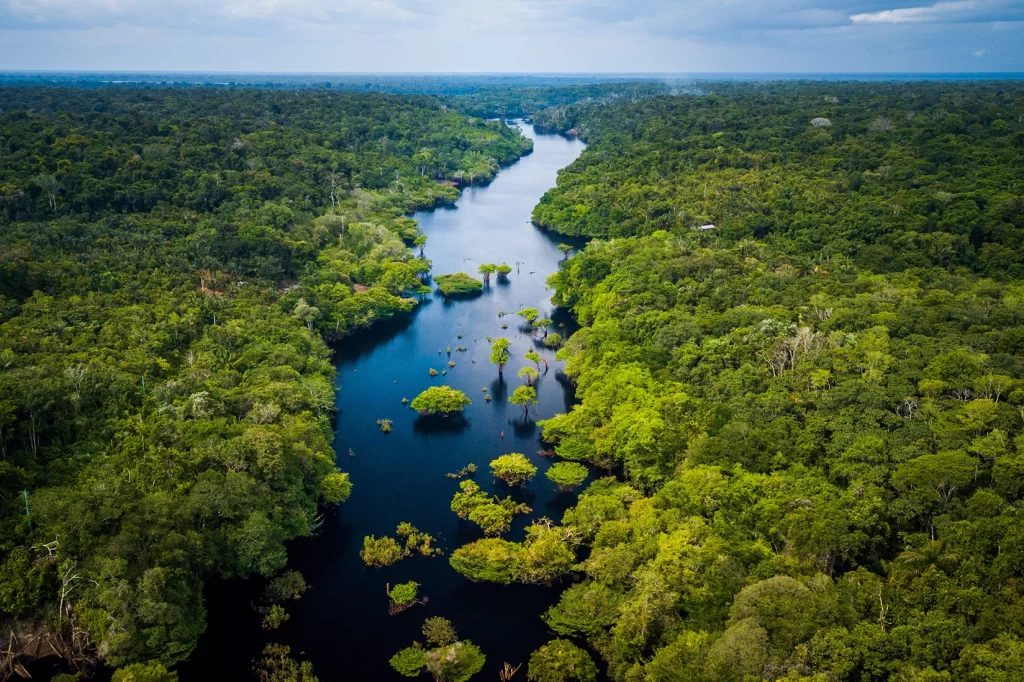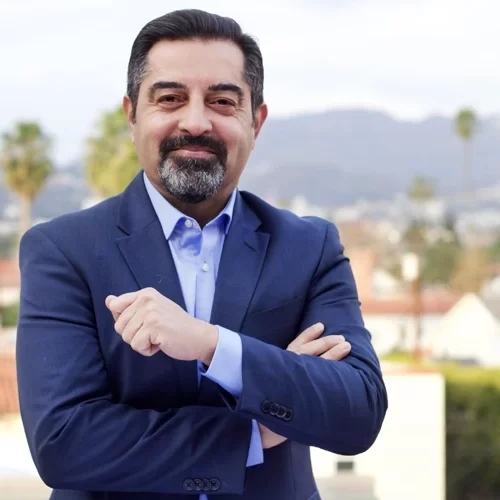Imagine you’re in the heart of the Amazon, surrounded by lush foliage and the cacophony of wildlife. You’re here to observe the Tsimané and Mosetén, two indigenous South American groups who lead lives vastly different from the modern industrialized world. Their days are filled with hunting, fishing, and farming — activities that require high energy expenditure.

Unlike in our societies, where sedentary lifestyles and abundance of food often lead to obesity and health issues, these communities live in what some scientists describe as the “sweet spot” of lifestyle and brain health.
This is the starting point of a fascinating study funded by the National Institute on Aging (NIA), which sought to explore the “embarrassment of riches” brain health model.
This intriguing model posits a paradox: the abundance and comfort brought by industrialization, which should theoretically promote health, might actually be detrimental to our brain health as we age.
In simpler terms, having too much of a good thing — be it food or leisure time — could lead to an “embarrassment of riches” which negatively impacts our brains.
To test this theory, an international team of researchers, led by Hillard S. Kaplan from Chapman University and the University of Southern California, undertook the remarkable task of gathering and analyzing health records and brain scans of 1,165 individuals, aged between 40 and 94, from the Tsimané and Mosetén populations.
The individuals from these two populations were selected due to their relatively pre-industrial lifestyle, which is defined by high levels of physical activities and balanced diets.
However, the Mosetén, unlike the Tsimané, have slightly more exposure to industrial world norms such as modern medicine, food markets, and schooling, offering a comparative insight into the impact of these norms on brain health.
Armed with a sense of purpose and a spirit of adventure, the researchers ventured into the Amazon to collect and analyze data, working in challenging conditions and navigating complex cultural and linguistic differences.
The brain scans were carried out using portable equipment that had to be transported to these remote locations — a daunting logistical feat in itself. The journey was filled with long treks, river rides, and interactions with the local communities, offering a unique mix of scientific exploration and cultural immersion.

What did the Tsimané and Mosetén study teach us?
The results were enlightening. The brains of individuals in both groups did decrease in size with age — a common phenomenon — but the rate of shrinkage was less than what is typically observed in the United States and Europe.
Interestingly, the Mosetén, with their higher exposure to industrialized lifestyle, exhibited faster brain shrinkage than the Tsimané. This suggests that the transition to a more industrialized lifestyle might be linked with accelerated brain aging.
But the surprises didn’t end there. The researchers discovered a “sweet spot” between body mass index (BMI) and the rate of brain shrinkage with age. Individuals who had BMIs in the highest or lowest ranges had smaller brains for their age compared to those with an above-average BMI. This finding was unexpected, and challenges conventional wisdom about BMI and health.
For the rest of us, living in the midst of this ‘embarrassment of riches’ in industrialized societies, these findings suggest that our lifestyle choices — including physical activity levels and diet — can significantly influence our brain health as we age.
By understanding the balance between energy intake and expenditure in pre-industrial societies, we might gain insights on how to adjust our own lifestyles to improve our health.
The relationship between lifestyle and brain health
However, it’s important to note that the findings don’t imply a one-size-fits-all approach. The effects of lifestyle on brain health can be nuanced and complex, influenced by numerous factors including genetics and environmental conditions.
Certainly, this study represents a significant leap forward in understanding the intricate interplay between lifestyle and brain health — but more research is needed to deepen the resulting insights. Future work will likely focus on long-term follow-up studies and investigations into genetic variations within non-industrialized populations.
The researchers hope that these studies will further illuminate the complex ways in which societal developments and lifestyle habits are intertwined with brain health. This fascinating journey into the Amazon could ultimately guide us towards better health choices, helping us navigate the ‘embarrassment of riches’ in our modern world.
Perhaps the most exciting part of this journey for the scientists was not just their scientific discoveries, but also the rare opportunity to immerse themselves in the unique cultures of the Tsimané and Mosetén.
Experiencing their lifestyle firsthand not only provided valuable context for the study, but also offered a profound perspective on the interplay between culture, lifestyle, and health. This journey served as a reminder that, while our modern world offers many comforts and conveniences, we might have something to learn from the lifestyles of those living closer to nature.
References
Kaplan, H., Hooper, P. L., Gatz, M., Mack, W. J., Law, E. M., Chui, H. C., … & Irimia, A. (2023). Brain volume, energy balance, and cardiovascular health in two nonindustrial South American populations. Proceedings of the National Academy of Sciences, 120(13), e2205448120.

About The Author
Dean Sherzai, MD, PhD
Dr. Dean Sherzai is co-director of the Alzheimer’s Prevention Program at Loma Linda University. Dean trained in Neurology at Georgetown University School of Medicine, and completed fellowships in neurodegenerative diseases and dementia at the National Institutes of Health and UC San Diego. He also holds a PhD in Healthcare Leadership with a focus on community health from Andrews University.
Get more brain science direct to your email inbox
Sign up for the Brain Docs newsletter for weekly recipes, brain teasers, neuroscience facts, podcast updates, and more — for free!



